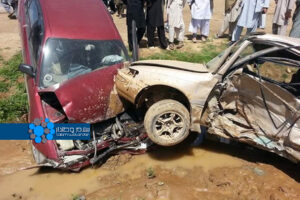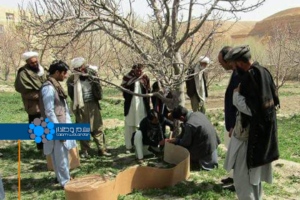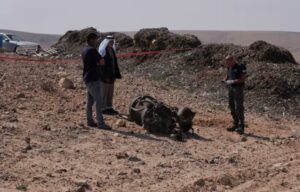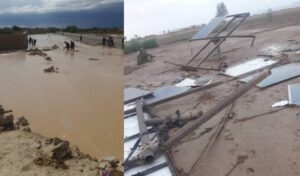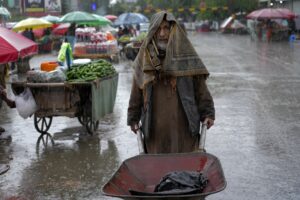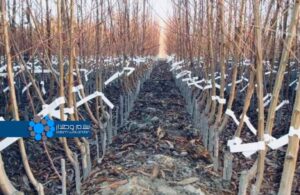LASHKARGAH (SW) – The miseries faced by many victims of irregular migration have never ended even after their return to Afghanistan from the spikey journey.
The persistent security, political and economic problems have forced a number of Afghans to move to European countries through irregular migration routes in quest for safe and secure life. However, they have not only failed to get what they want, but found themselves in much worst circumstances
Two such devastated brothers, Fazl Karim and Sakhiullah had immigrated to Iran and Pakistan, and have recently returned to Afghanistan. They are now living in the Lashkargah camp in Helmand province.
They said they chose the irregular migration option in search of a safe and secure life, but now regret it. According to them, their situation is now worse than before their migration.
Fazl Karim said he was harassed and tortured along the immigration route. Sakhiullah has been in Pakistan for many years. “A foreign country is always an alien land,” he said. “We have lived in Pakistan for years, but had not a single day without worrying about the future.”
The government and private agencies working in this sector have been helping the refugees and have plans for new returnees, said Syed Mohammad Ramin, head of Helmand’s Migration and Returnees department.
According to Ramin, the residential plots dedicated to immigrants have not yet been distributed to immigrants due to their distance from the city and insecurity. Based on a plan, each immigrant family is given a residential plot.
Helmand governor’s spokesman, Omar Zwak, said there are plans in place to prevent irregular migration that will solve most of migrants’ problems.
Hadees Pardes, a spokeswoman for the International Organization for Migration, said in this connection that the IOM along with other aid agencies have also provided support to returnees. He added the aid is distributed uninterruptedly. According to Pardes, in 2019, some 40,000 families have received aid from the IOM and other donor agencies, but he does not considered it sufficient.
Most returnees are unaware of how to get aid and support.
Fariha Jabarkhel, a consultant at the Immigration Information Center, told Salam Watandar that several families contact her on daily basis to find out about the donor agencies. 5588 is the hotline for the Immigration Information Center Afghanistan.
Government officials have always emphasized upon the implementation of effective programs to help immigrants, but over the years, substantial work has still not been done to address the problems of immigrants.
ENDS

